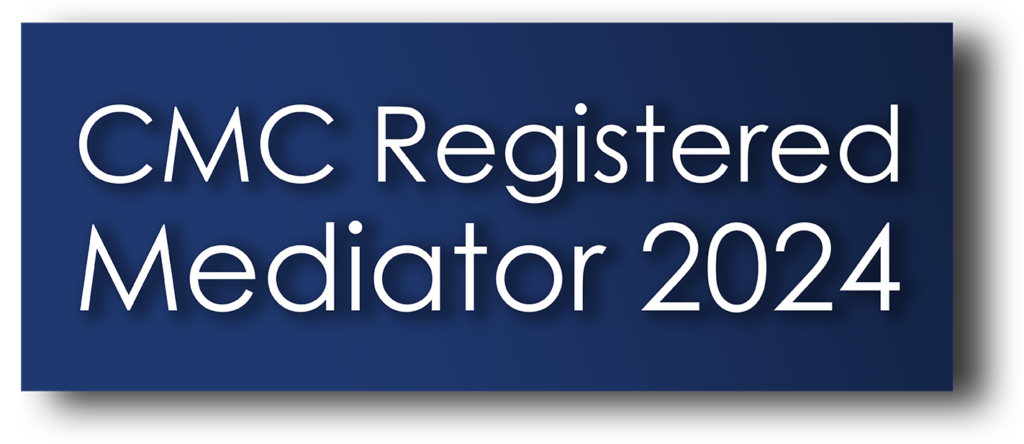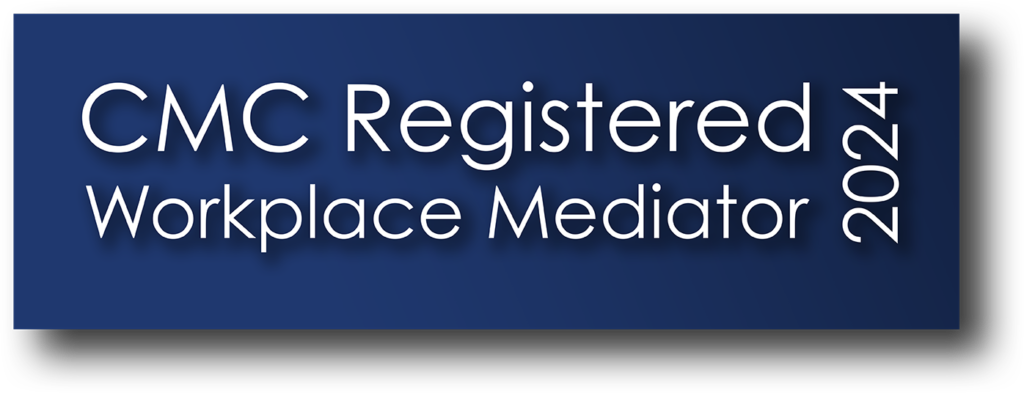Working in Helmand or Mogadishu looks very different to working in London or Hove, where I’m now based. But conflicts often have much in common. Here are three insights from my time working in international conflict environments that are relevant to mediation, and more broadly.
Conflict and crisis can be useful.
This needs a nuance before starting – it isn’t always the case. Not for the millions of people worldwide who suffer the consequences of violent conflicts. But often, to quote Einstein, in the midst of every crisis, opportunity.
A delay in delivery of critical farming supplies for the programme that I worked on in Helmand meant that it looked like we would miss the planting window. That could have meant a significant loss of credibility for the local government, who we worked with. Being that close to failing was useful. It opened up an opportunity to be bolder, braver and more creative as we worked in different ways and considered ideas that we wouldn’t have otherwise. We came out stronger.
I strongly believe that conflict can be an opportunity. It can lead to fresh thinking, flushing out issues and making changes that could have otherwise taken years to work through iteratively. Obviously, the challenge is having the skills to manage that conflict constructively. That’s where mediation and conflict coaching can help.
Clarity about what really matters is crucial.
Conflict can feel dramatic; the he/she/they said accounts can be very compelling. But that the drama may make it difficult to lose perspective and/or what really matters.
The pace and pressure made it hard to prioritise when I worked in Helmand. It often felt as though everything was important, because so much really was. To focus on the core mission, my military colleagues defined their ‘main effort’. That means that, of all the actions that are taking place within a command, main effort is applied to the single one that is recognised as the most critical to success at that moment. It’s logical, if really challenging to step back and consider what is the most important objective. It’s worth it because the clarity this gives is invaluable.
Skilled mediators have an ability to flush out what really matters to the parties. It may not be the first issue presented. But it needs to be at least acknowledged and, most likely, addressed for an agreement to be reached. An external actor to a conflict has a different perspective and can help to identify what really matters to each party.
Understanding whose conflict this is – and my role.
There may be (many) more people involved in a conflict that those at its core, who ultimately have the power to reach an agreement.
I worked in Somalia on the agreements for the shape of the security sector and extent of donor support. One significant risk was that the interests of the donors and imminent timing of a big international conference would drive the agreement. But sustainability depended more on the agreements between myriad Somalia stakeholder, plus the popular support from affected communities. They were the main protagonists in the conflict.
Thinking about whose conflict is it really is also more relevant broadly. A mediator creates the space for discussion, manages the mediation process and listens out for the issues that really matter. They don’t ‘own’ the dispute, nor are they responsible for reaching an agreement. The parties are responsible. But, as in international conflicts, it can be beneficial to have that external actor present. They can provide a framework for the discussion and help the parties reach an agreement.
If you’re affected by a conflict and would like to explore your options then I’d love to talk to you.
Copyright protected, please do not copy.
 By
By 


